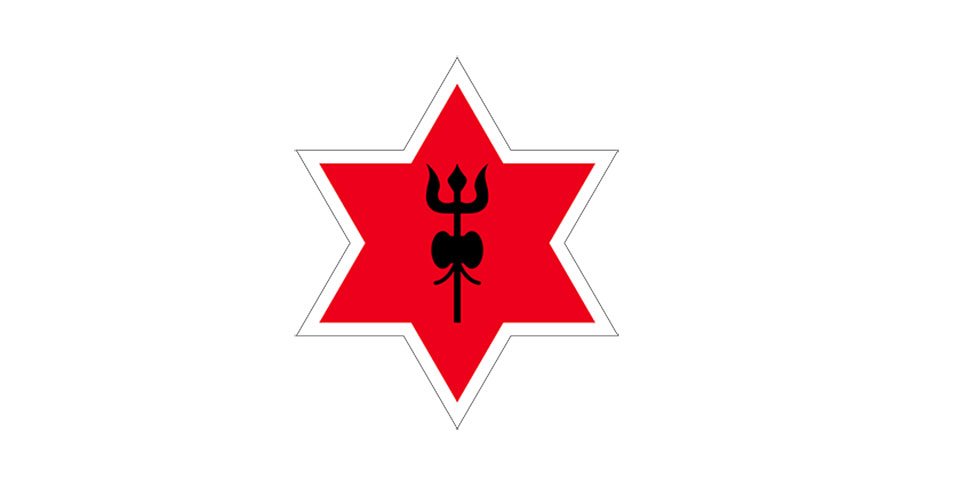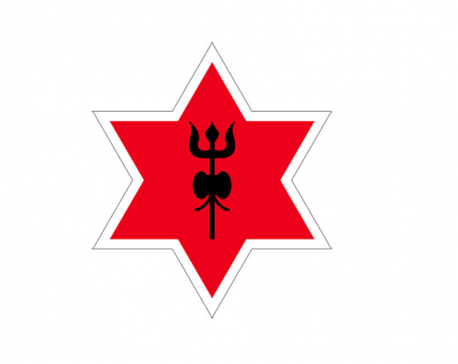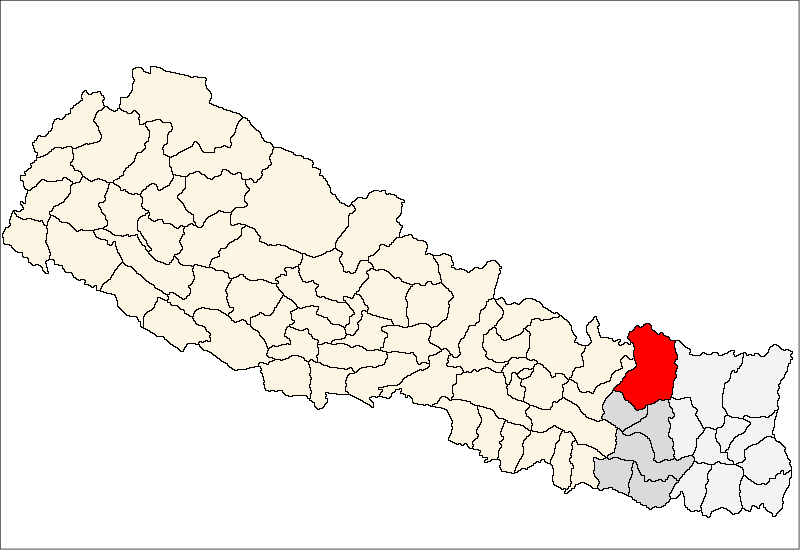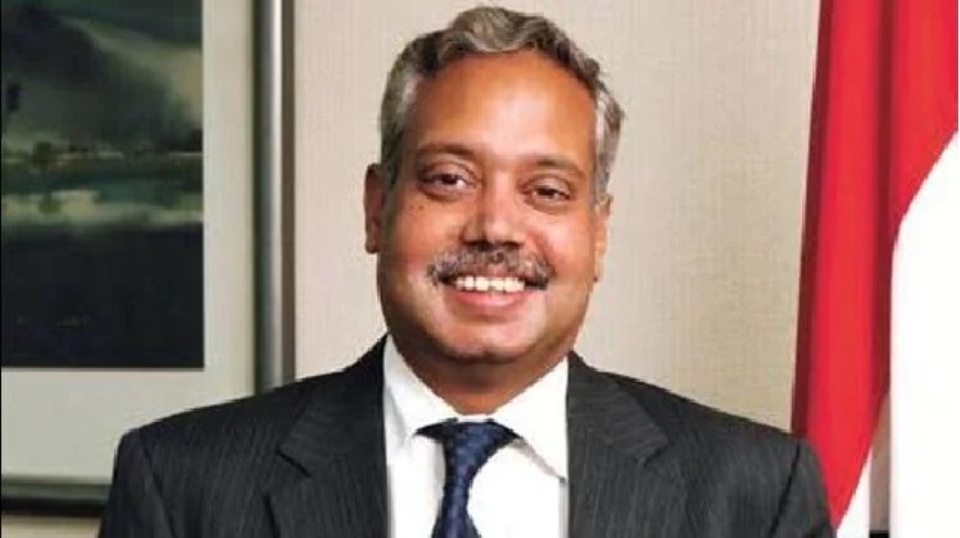
OR
Opinion

Scanning social media creates the impression that the Nepal Army is treated as a sacred cow—a virtually untouchable and sacrosanct institution. The slightest criticism leads to a barrage of offensive and defensive counter-criticisms, often escalating to personalized attacks that label the critic as anti-national, a foreign spy, or even a traitor.
In Parliament, when Dr. Swarnim Wagle from RSP and Bimala Paudyal Rai from CPN-UML cautiously broached the topic of downsizing the army, their voices were swiftly drowned by a flood of criticisms and personal attacks. The defense minister retorted that the government had no intention of reducing the army's size. He even furnished data on the total sanctioned positions (96,477) and those currently occupied (81,277). Bam Dev Gautam, another politician, suggested doubling the army's strength to 200,000. Former monarchists, retired bureaucrats, and ex-generals echoed venomous criticism against advocates of downsizing.
The Comprehensive Peace Agreement (CPA) signed between the government and the Maoists in 2006 emphasized the democratization of the army, comprising determining appropriate numbers, imparting training on democratic and human rights values, and enhancing the army's democratic structure and inclusivity. During the peak of the civil war, the Royal Nepalese Army (RNA), often accused of salami, gulami, and malami tactics, had an effective strength estimated to be less than half of its total. Aside from their engagement with Khampa rebels in the early 1970s, prompted by Chinese pressure, the RNA faced its first real combat challenge against the Maoists.
Reluctance from King Birendra to deploy the army against the Maoists led to the creation of a separate armed police force by Prime Minister Girija Prasad Koirala. Post-palace massacre and Maoist attacks on army barracks, the RNA was drawn into the civil war. Despite boasting their mission as bringing rebels to the negotiation table rather than battlefield annihilation, the army's efforts did result in significant losses for the Maoists.
The Maoists didn't need battlefield victories; they needed to avoid defeats. However, the army needed decisive victories to win the war, a situation that prolonged the civil conflict. With technical superiority but challenged by terrain, numerical inferiority, homemade weapons, and mass support, Nepal's civil war could have spilled into neighboring countries. This eventually pushed both sides to negotiate. This intensified conflict strained the government's finances, demanding increased security expenditure. Donors seeking fiduciary risk reduction called for budgetary restraint, leading to mid-term reforms in audit, procurement, and anti-corruption laws drafting.
The need for the army's numerical strength to double emerged from the escalating war. Nonetheless, this numerical expansion remained unchallenged for a long time. During early peace negotiations, the Maoists raised concerns about democratization and downsizing. They even floated the idea of conscription to neutralize the army. However, after an unsuccessful attempt by Dahal to dismiss the COAS, the Maoists opted for silence on army issues. After dismantling their fighters, they maintained this silence. The optimal army size could ignite a national debate. What's certain is that it now surpasses the number of civil servants and public school teachers. Justifications include disaster rescue, participation in UN peacekeeping, infrastructure, internal security, etc. The value of a fire brigade only becomes clear during a fire; similarly, the army's value is justified through need.
Addressing the bloated army involves considering Nepali citizens joining foreign armies (particularly British and Indian). Even during monarchy, King Birendra's Zone of Peace (ZOP) proposition turned futile. Politicians advocate non-alignment, Panchasheela, and Buddha's land but remain silent about army size and Nepali citizens joining foreign armies, exposing a critical oversight. Dr. Wagle alluded to two elephants in the room—the bureaucracy and the army. Others, such as the judiciary, private sector, and media, also require post-federal democratic Nepal assessment. When army proponents discuss downsizing, they mean downsizing elected officials in federated Nepal, revealing their true allegiances. The army's strength lies not in quantity but quality and mentality. Without substantial structural changes, we risk repeating B. P. Koirala's lament about not extending control over a couple of palace guards after King Mahendra's 1960 coup.
You May Like This

Nepal Army tells its personnel in Iraq to take security precautions
KATHMANDU, Jan 9: Nepal Army (NA) has asked its personnel deployed under the United Nations Mission for Iraq (UNAMI) to... Read More...

Dozens including army brigadier general may face dismissal
KATHMANDU, Aug 12: As a part of his ongoing drive against the anomalies existing within the institution, Nepal Army (NA) chief... Read More...

62 including foreigners complete Army's Command and Staff Course
KATHMANDU, Feb 21: Chief of Army Staff Purna Chandra Thapa and Tribhuvan University Vice Chancellor Prof Dr Tirtha Raj Khaniya... Read More...



Just In
- China announces implementation of free visa for Nepali citizens
- NEPSE gains 14.33 points, while daily turnover inclines to Rs 2.68 billion
- Tourists suffer after flight disruption due to adverse weather in Solukhumbu district
- Vote count update: NC maintains lead in Ilam-2
- NAC's plane lands at TIA after its maintenance in Israel
- Indian Ambassador assures of promoting India's investment in Nepal
- Freak accident involving self-made pistol leaves young man injured in Banke
- Global Shapers Community Kathmandu set to host second edition of Global Talk Series















Leave A Comment